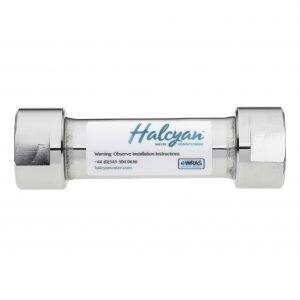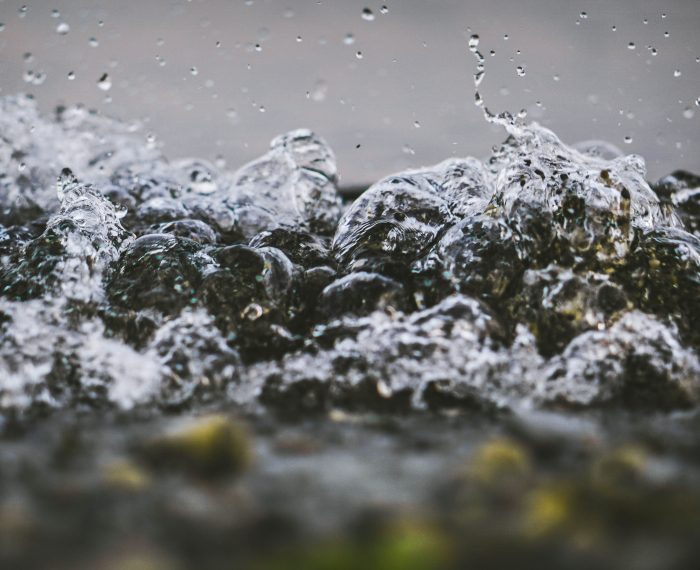Whether you’re dealing with limescale, your hair and skin are feeling particularly dry, or you’re moving into an area and would like to prepare in case these issues are present you’ll want to know if you have hard or soft water in your area. 60% of the UK is supplied by hard water so the odds are good that you do too. In this article we’ll briefly break down each region of the UK and find out whether your area has hard water. You’ll also be able to click through on each region for a more detailed breakdown by county.
The South East
The South East has extremely hard water, with some of the highest ppm measurements in the country. As such you should expect to have problems with limescale affecting your plumbing, appliances and fixtures in the South East.
London
London has some of the hardest water in the country and water is consistently hard across the city. You are very likely to have issues with scaling on appliances and surfaces as well as potentially dry skin and hair.
East of England
The East of England has very hard water, you are very likely to suffer from limescale issues in this region.
The South West
The South West has hard water in most areas with Cornwall and Devon being the main exceptions. You are likely to have problems with limescale in most areas of the South West.
The North East
The West Midlands
The East Midlands
The East Midlands has water of mixed hardness and is supplied by both hard and soft water. You may find that if you live in a certain area you will have issues with limescale.
The North West
The North West has mostly soft water you’re unlikely to have any problems with limescale and your water will tend to feel much softer on your skin and hair and lather more easily. Click here to find out more.
Yorkshire and the Humber
Yorkshire and the Humber has mostly soft water. You are very unlikely to have problems with limescale and the water will feel soft on your skin and hair.
Final Thoughts
We hope this brief outline has been useful and that you can now answer the question does your area have hard water! If you’d like to find out how to solve your hard water problems without the use of a salt softener please check out our explanation below!




